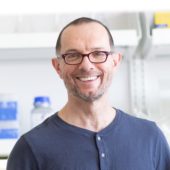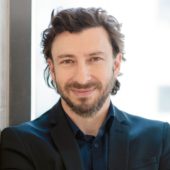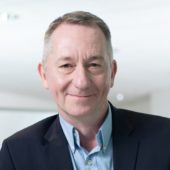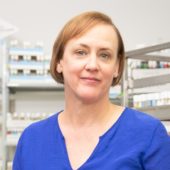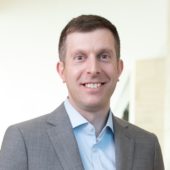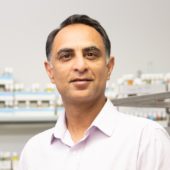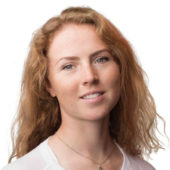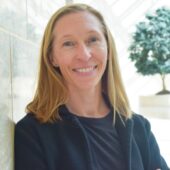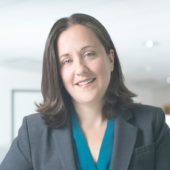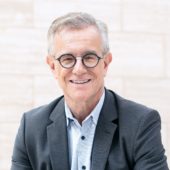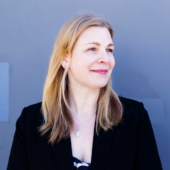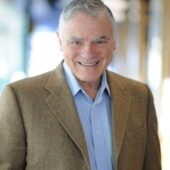Live Better Longer Community Seminar Series
Event Registration
Seminar #2
What Outer Space Can Teach Us About Aging
Speaker: David Furman, PhD
The Buck Institute is hosting in-person (with zoom option) monthly conversations with geroscience experts about how people can live longer, healthier lives. Speakers in the Live Better Longer Seminar Series will share the latest insights into sleep, exercise, nutrition, mental health and how people of any age can optimize their health and fitness.
A recording of this seminar will be available to view on this webpage and on our youtube channel after the seminar takes place.
Registration will take place every month for the upcoming seminar. Keep an eye out for an email from us when registration opens for each seminar.
If this seminar date does not work for you but you’d like to attend a future seminar and are not already on our mailing list, please fill out this form to be added to future seminar invite mailings from us.
- May 1, 2024
- Time
- 11:00 am - 12:00 pm PT
